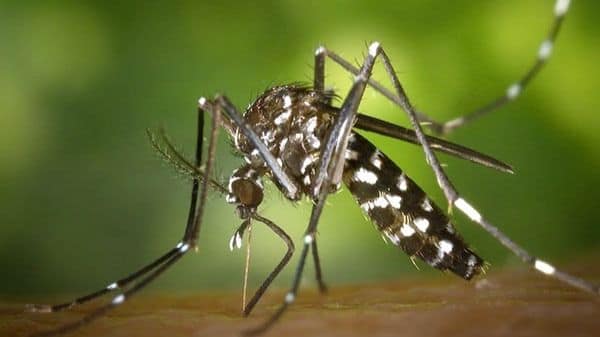
New Delhi: The national capital has witnessed a concerning rise in mosquito-borne diseases in 2024, with record-high cases of Malaria and Chikungunya, as well as a significant number of Dengue infections.
According to official data from the Municipal Corporation of Delhi (MCD), as of November 9, Delhi has reported 728 cases of malaria and 172 cases of chikungunya. These numbers represent a steep increase compared to previous years. In 2020, there were only 228 malaria cases, and in 2021, the number dropped further to 167. The cases began rising in subsequent years, with 263 malaria cases in 2022 and 426 in 2023. Similarly, the chikungunya tally has also seen an upward trend in recent years, rising from 111 cases in 2020 to 65 cases last year.
The increase in these infections is concerning, as it points to a significant resurgence of vector-borne diseases in the capital. The MCD’s weekly report reveals that 19 malaria cases and 19 chikungunya cases were reported in the week leading up to November 9.
In addition to malaria and chikungunya, dengue has also emerged as a major health challenge this year. 4,533 cases of dengue have been reported in Delhi so far in 2024, including 472 cases in November alone. This follows a year in which 9,266 dengue cases were recorded, with 19 deaths in 2023. The highest number of dengue cases this year was recorded in October, with 2,431 cases reported.
Several areas in Delhi have been flagged as hotspots for dengue, with Najafgarh, South Delhi, Shahdara (North), Karol Bagh, and Central Delhi being major contributors to the surge in cases.
In terms of specific areas, the Shahdara South zone has reported the highest number of chikungunya cases, with 87 cases so far. On the other hand, the City SP zone has seen the highest concentration of malaria cases, with *104 infections* reported.
Health experts have expressed concerns over the rising number of mosquito-borne diseases in the capital, calling for urgent action in terms of vector control measures.
The Municipal Corporation of Delhi has ramped up its efforts to curb the spread of these diseases, including fumigation drives, awareness campaigns, and the destruction of mosquito breeding sites.





